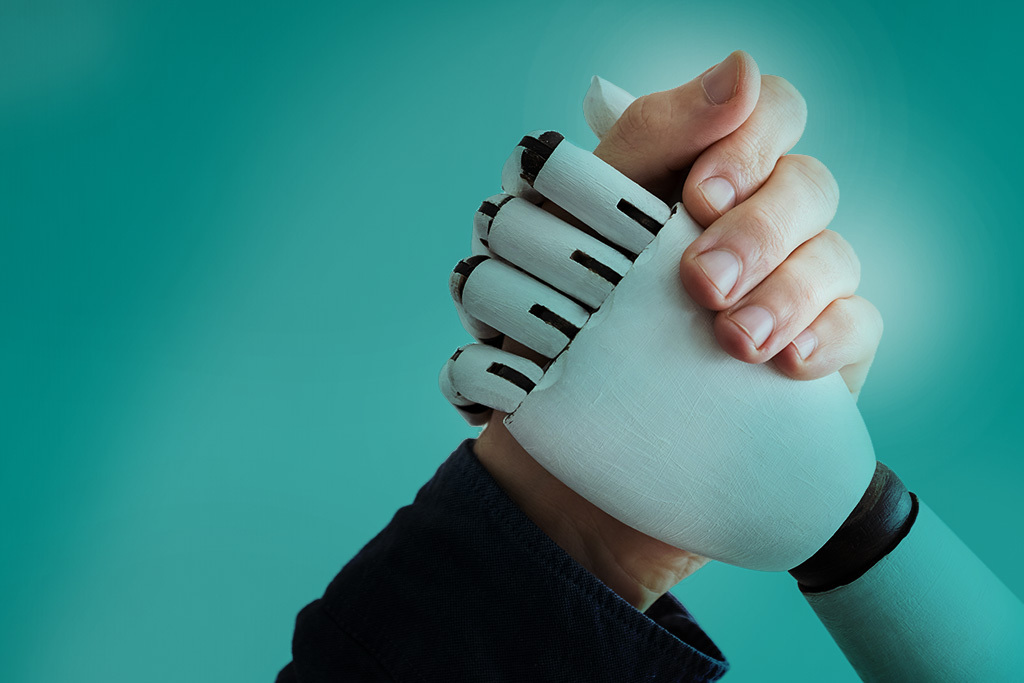OpenAI has recently unveiled Codex, an advanced AI system designed to execute complex programming tasks based on natural language commands. This innovation signifies a substantial shift in the realm of software development, introducing a new category of autonomous coding tools capable of operating with minimal human intervention.
The Evolution of AI in Coding
Traditionally, AI coding assistants have functioned as sophisticated autocomplete tools within integrated development environments (IDEs). These tools, such as GitHub’s Copilot, assist developers by predicting and completing code snippets, thereby enhancing productivity. However, they still require significant human oversight and interaction.
The emergence of agentic coding tools like OpenAI’s Codex marks a departure from this model. These systems are engineered to handle entire coding tasks autonomously, allowing developers to assign a problem and receive a completed solution without delving into the code themselves. This approach aims to streamline the development process, enabling engineers to focus on higher-level design and strategic planning.
Codex CLI: Bridging AI and Local Development
A notable advancement in this domain is OpenAI’s release of Codex CLI, an open-source coding agent that integrates directly with a developer’s terminal. Announced on April 16, 2025, Codex CLI connects OpenAI’s AI models with local code and computing tasks, facilitating seamless interaction between AI and the developer’s environment. This tool allows for writing and editing code on a desktop, executing commands, and even moving files, all through natural language instructions. ([techcrunch.com](https://techcrunch.com/2025/04/16/openai-debuts-codex-cli-an-open-source-coding-tool-for-terminals/?utm_source=openai))
Codex CLI is designed to be lightweight and transparent, providing a minimal interface that links AI models directly with code and tasks. It supports multimodal reasoning, enabling developers to pass screenshots or sketches to the model, which can then interpret and act upon them. This functionality enhances the AI’s understanding of the developer’s intent, leading to more accurate and context-aware code generation. ([techcrunch.com](https://techcrunch.com/2025/04/16/openai-debuts-codex-cli-an-open-source-coding-tool-for-terminals/?utm_source=openai))
The Vision of Autonomous Software Engineering
OpenAI’s Chief Financial Officer, Sarah Friar, has articulated a vision for an agentic software engineer—a system capable of taking a project description and autonomously developing and testing the application. While Codex CLI represents a step toward this goal, it currently requires human oversight and interaction. The long-term objective is to create AI agents that can manage entire software projects with minimal human input, potentially transforming the software development lifecycle. ([thecreditgardener.com](https://thecreditgardener.com/2025/04/20/codex-cli-is-openais-boldest-dev-move-yet-heres-why/?utm_source=openai))
Challenges and Considerations
Despite the promising capabilities of Codex and similar tools, there are challenges to consider. Early implementations have faced criticism for errors and inefficiencies, indicating that these systems are not yet ready to operate without human supervision. Ensuring the reliability and accuracy of AI-generated code remains a significant hurdle.
Moreover, the integration of AI into coding raises questions about the future role of human developers. While AI can handle routine and repetitive tasks, the need for human creativity, problem-solving, and oversight persists. The goal is to create a collaborative environment where AI tools augment human capabilities rather than replace them.
The Future of Agentic Coding Tools
The development of agentic coding tools like Codex is still in its early stages. As these systems evolve, they are expected to become more sophisticated, handling increasingly complex tasks with greater autonomy. However, achieving fully autonomous coding agents will require significant advancements in AI reasoning, contextual understanding, and error handling.
In the interim, tools like Codex CLI offer a glimpse into a future where AI plays a central role in software development. By automating routine tasks and providing intelligent assistance, these tools have the potential to enhance productivity, reduce errors, and allow developers to focus on more strategic aspects of their work.
Conclusion
OpenAI’s Codex represents a significant milestone in the journey toward autonomous coding agents. While challenges remain, the progress made thus far suggests a future where AI and human developers collaborate more closely, leading to more efficient and innovative software development processes.



